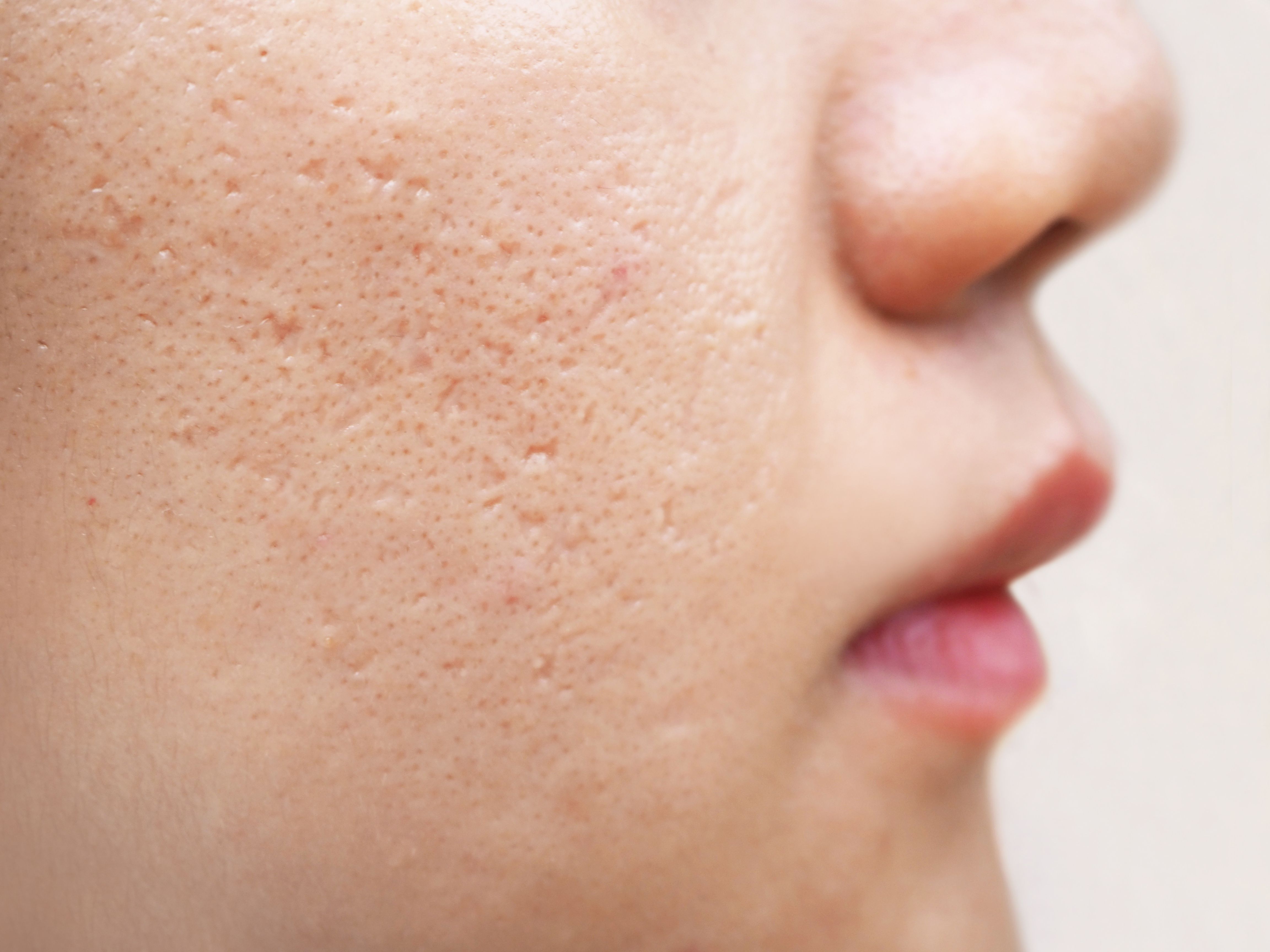- Acne
- Actinic Keratosis
- Aesthetics
- Alopecia
- Atopic Dermatitis
- Buy-and-Bill
- COVID-19
- Case-Based Roundtable
- Chronic Hand Eczema
- Drug Watch
- Eczema
- General Dermatology
- Hidradenitis Suppurativa
- Melasma
- NP and PA
- Pediatric Dermatology
- Pigmentary Disorders
- Practice Management
- Precision Medicine and Biologics
- Prurigo Nodularis
- Psoriasis
- Psoriatic Arthritis
- Rare Disease
- Rosacea
- Skin Cancer
- Vitiligo
- Wound Care
Article
Behavior of patients and family members contributes to physician burnout
Author(s):
Verbal abuse, discrimination towards doctors is common, study finds
Verbal abuse and discriminatory behavior from patients, their family members and visitors is a common experience among American doctors and is strongly associated with burnout, a new study finds.
The problem is especially acute among women doctors and members of racial and ethnic minority groups, who are subject to such behavior far more often than are white men.
The study’s authors surveyed about 6,500 physicians from November 2020 through March 2021. They found that nearly 30% had been subject to racially or ethnically offensive remarks from patients, their families, or visitors at least once during the previous year, including 34.7% of women respondents and 26% of men.
Instances of verbal abuse and discrimination were higher among non-white respondents. The survey found that approximately 56% of non-Hispanic Black, 55% of non-Hispanic Asian, Hawaiian or Pacific Islanders, and 53% of non-Hispanic Indigenous physicians had experienced such behavior, compared with 22% of white physicians.
In addition, 29% of respondents (51% of women and 15% of men) had experienced offensive sexist remarks, while 21% of respondents 30% of women, 15% of men) said they had received unwanted sexual advances once or several times during the previous year. A similar percentage had a patient or their family refuse to allow the physician to provide care to the patient because of the physician’s personal attributes, and about 15% had been physically harmed by a patient, family member or visitor.
The study also shows a strong association between the frequency of experiencing verbal mistreatment and discrimination and symptoms of burnout, the authors note. An increase in the frequency of being subjected to offensive remarks from never to several times a week corresponded to a jump from in the number of respondents with high emotional exhaustion from 29% to 67%, high depersonalization (20% to 57%), and burnout (35% to 77%).
Similarly, the survey found that as the frequency of individual experiences of mistreatment and discrimination increased from never to several times a week, the emotional exhaustion score (as measured by the Maslach Burnout Inventory) increased by an average of 14 points and depersonalization score increased by an average of 8 points. Overall, the risk of burnout grew by 27% to 120% as the summative mistreatment and discrimination score increased.
The study’s findings point to the importance of developing strategies to reduce acts of mistreatment and discrimination directed at doctors from patients, families and visitors as part of organizations’ overall efforts to reduce burnout, the authors say. In addition, “the results highlight a dimension for attention….to promote an environment of safety, equity, inclusion and belonging.”
The study, “Physicians Experiences With Mistreatment And Discrimination by Patients, Families, and Visitors and Association with Burnout” was published May 19 in JAMA Network Open.











